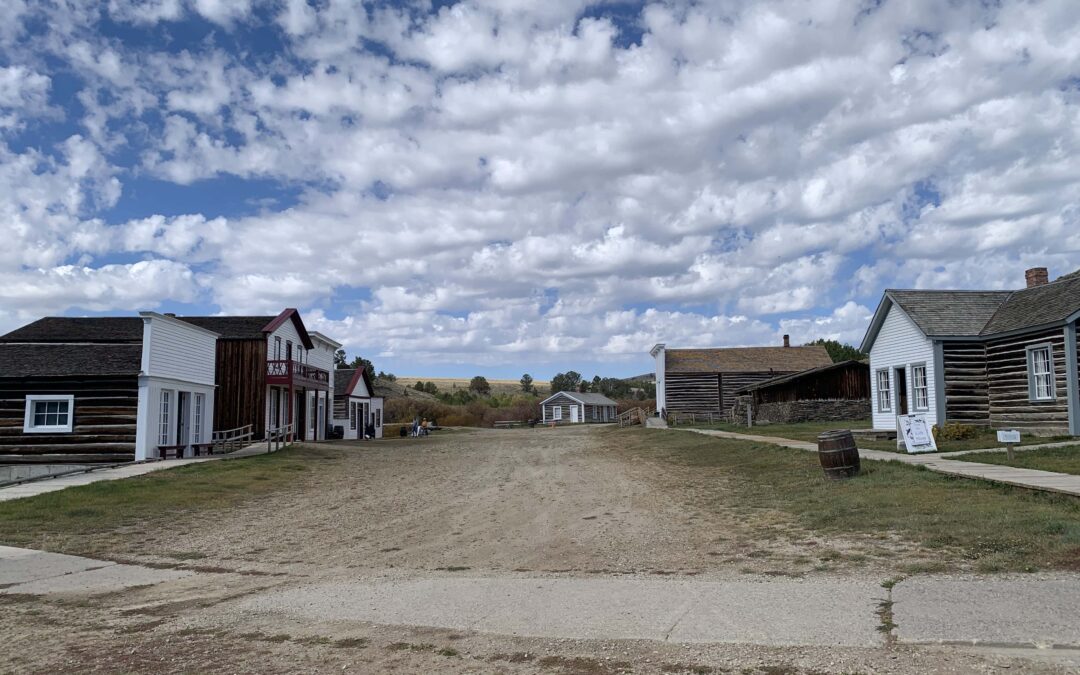By Claire Cutler (she/her) | CDTC Community Engagement Coordinator
As hikers on the Continental Divide Trail pass through South Pass City, Wyoming, they can take in sights of nineteenth-century wooden storefronts, the historic Carissa Mine, and the crystal-clear waters of Willow Creek. South Pass City is not only a Wyoming State Historic Site, it is also part of the newest CDT Gateway Community, alongside the neighboring town of Lander, Wyoming.
Home to over 3,000 people in the 1860s, today South Pass City has fewer than ten residents. Despite its small stature, South Pass City provides critical support to thru-hikers, who can mail resupply packages to the historic site’s visitors center.
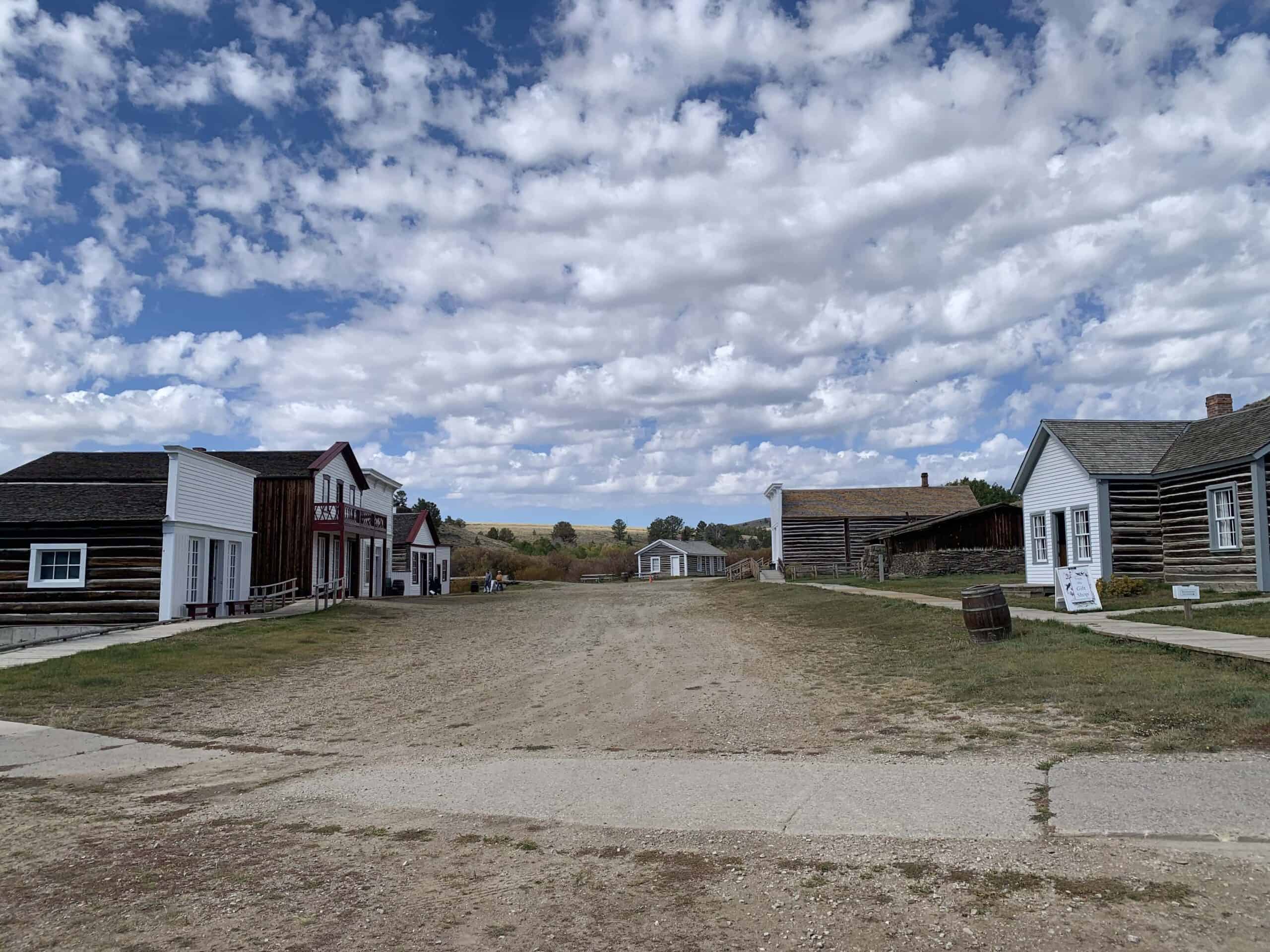
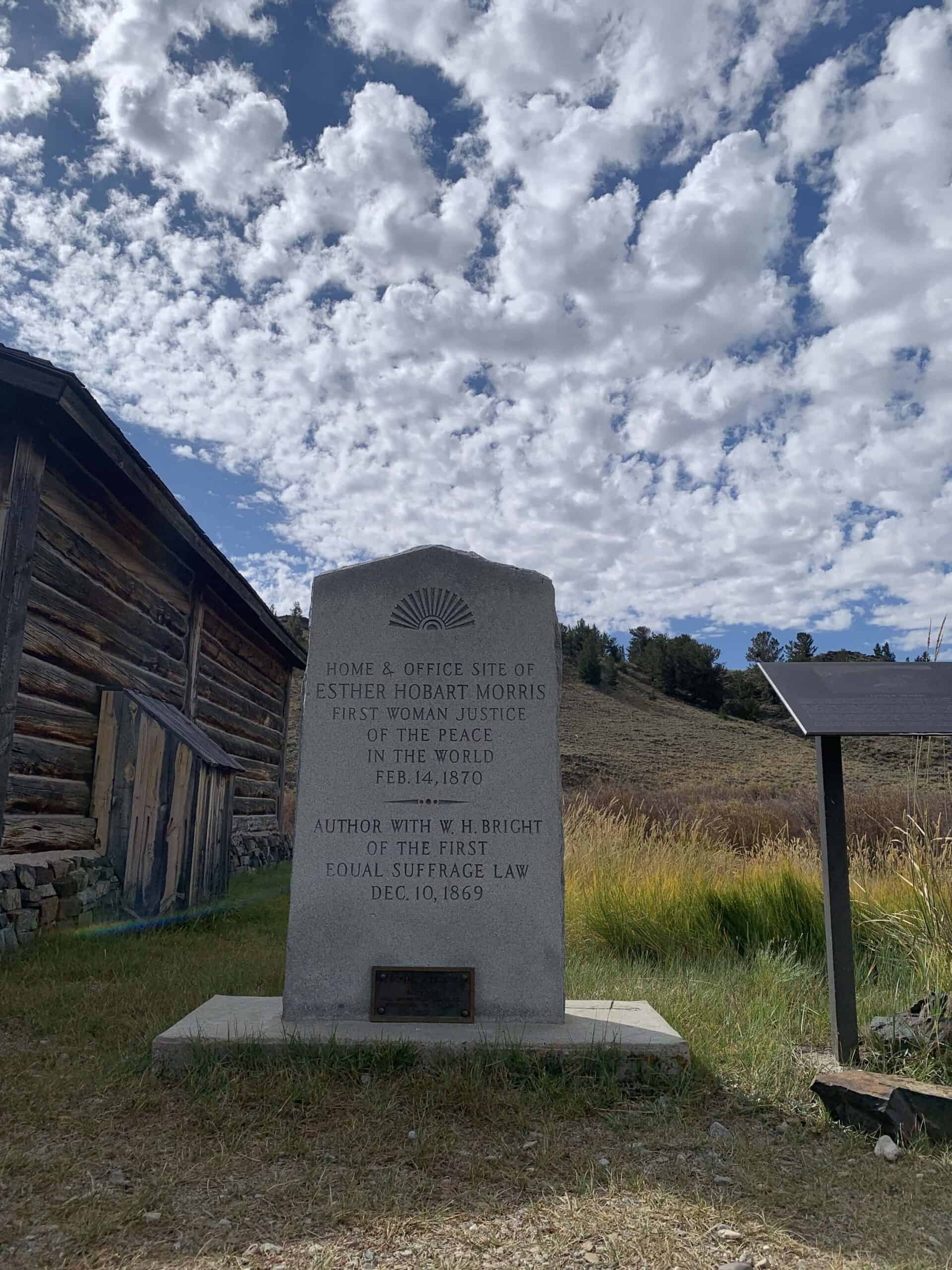
On hikers’ left as they exit South Pass City is the grave of Esther Hobart Morris, the nation’s first female judge. What many hikers may not realize is that thanks to the work of Esther Hobart Morris and other residents of South Pass City, they have just passed through the “birthplace of the women’s suffrage movement.”
A Booming Gold Rush Town
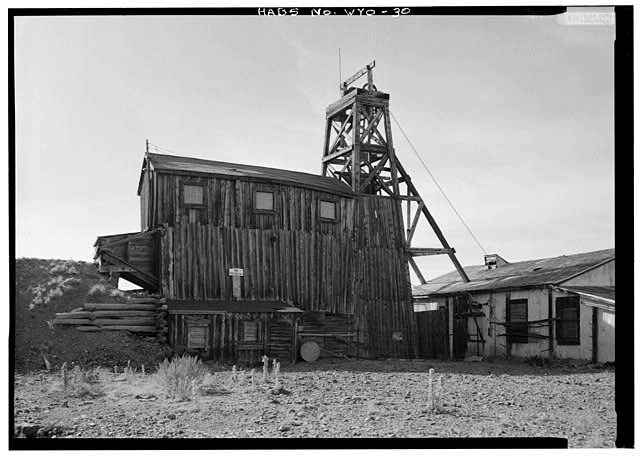
In 1867, South Pass City blossomed rapidly when gold was discovered. The town gained over a thousand residents and 250 buildings in a year. Gold production in the Carissa Mine brought rapid prosperity to the town, and businesses were established to support the mining industry.
As is the case with so many gold mining towns, South Pass City’s prosperity was short-lived, and the town’s population was dwindling by 1872. Although the town’s mining industry was short-lived, those brief years have had an outsized impact on American history.
“The Equality State”
Wyoming’s official nickname is “The Equality State” because it was the first state in the nation to grant women the right to vote. Wyoming’s history of women’s suffrage is deeply rooted in South Pass City.
William Bright, the representative of South Pass City in Wyoming’s First Territorial Legislature, introduced a women’s suffrage amendment to the legislature in 1869. Although Wyoming was not yet a U.S. state, the bill was passed in December of the same year, making Wyoming the first U.S. state or territory to grant women the right to vote.
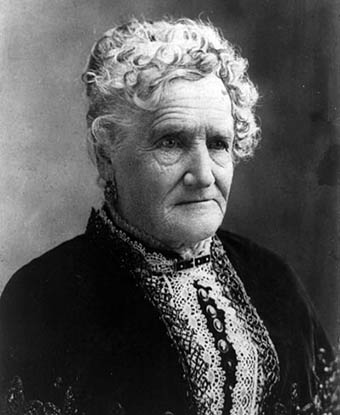
The following year, in 1870, Esther Hobart Morris was appointed Justice of the Peace of South Pass City, making her the first woman in the United States to hold a public office. The previous justice had resigned in protest of the state’s newfound women’s suffrage bill. Upon her appointment as Justice of the Peace, the county clerk sent the following telegraph: “Wyoming, the youngest and one of the richest Territories in the United States, gave equal rights to women in action as well as words.” She held the position for eight months and tried 27 cases. Though she wished to run for reappointment, no major political party would her for the role after her initial term.
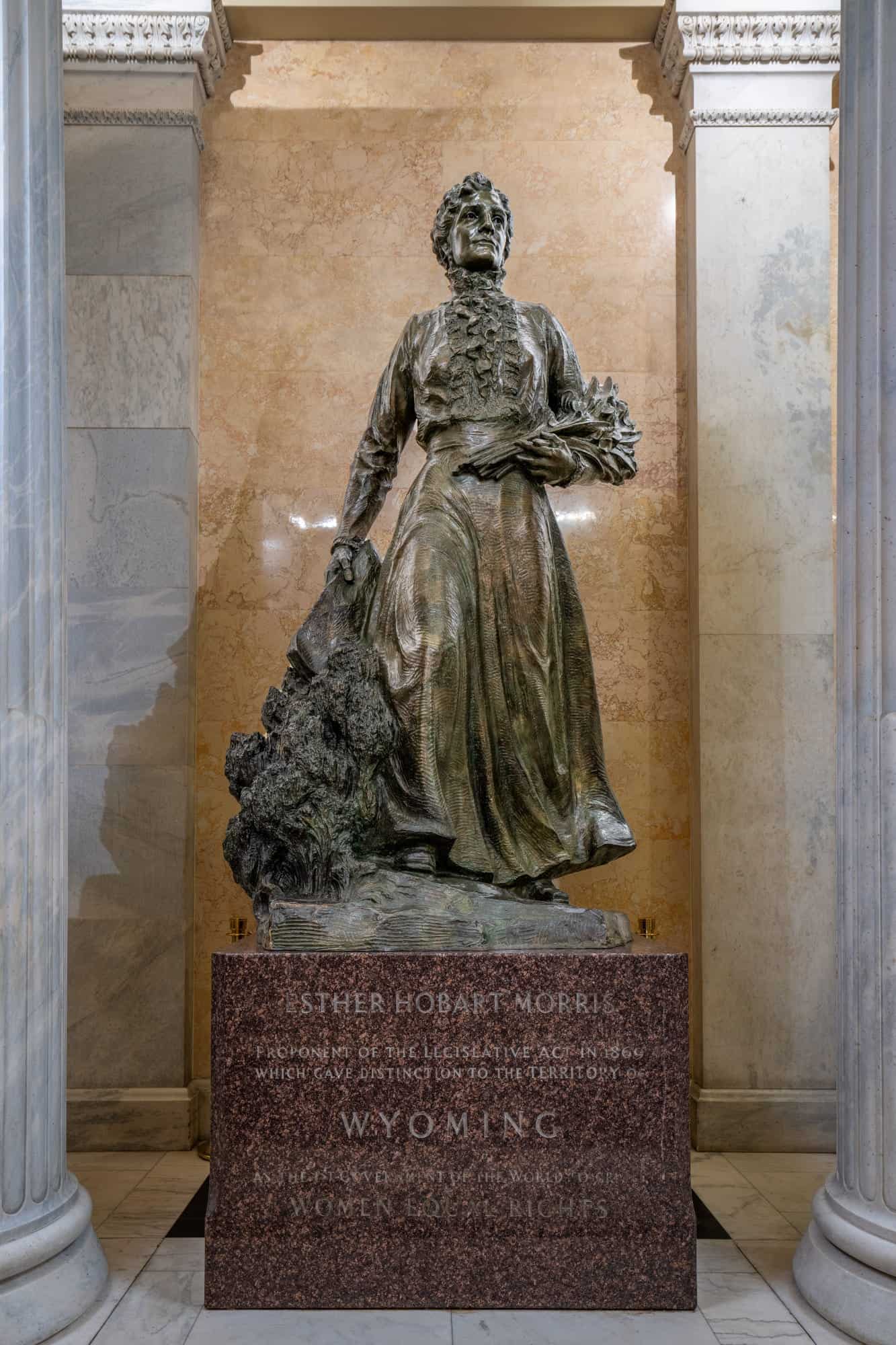
Before her time as the Justice of the Peace, Esther Hobart Morris was a successful businesswoman, an ardent supporter of the abolition of slavery, and the Vice President of the National American Woman Suffrage Association. Today, a statue of Esther Hobart Morris stands in the National Statuary Hall Collection in the U.S. Capitol, and a replica of the statue standing in front of the Wyoming State Capitol.
The Continental Divide Trail Gateway Community Program
Designated as a joint CDT Gateway Community in 2022, Lander/ South Pass City embodies the history and spirit of the American West. While each of the twenty CDT Gateway Communities shares a passion for the CDT, South Pass City epitomizes the way that each Gateway Community brings its own unique history to the trail.

